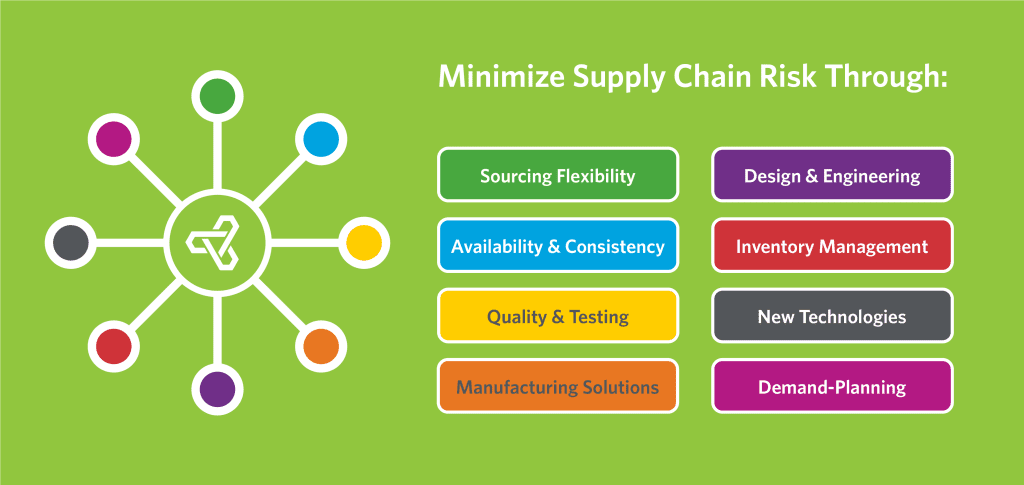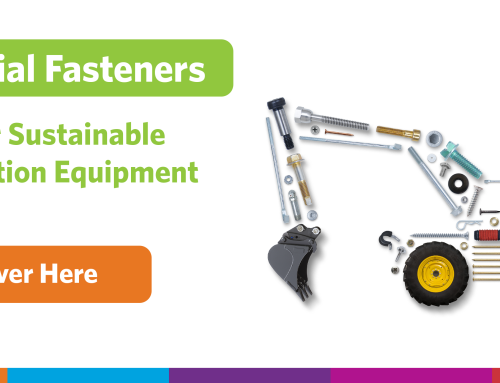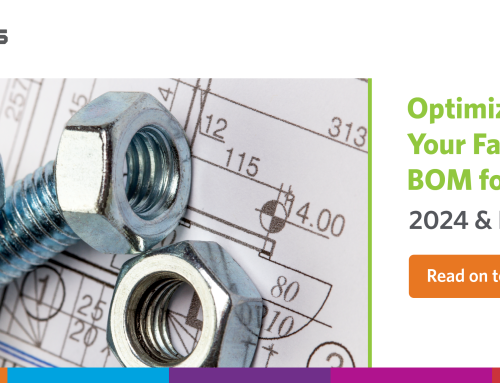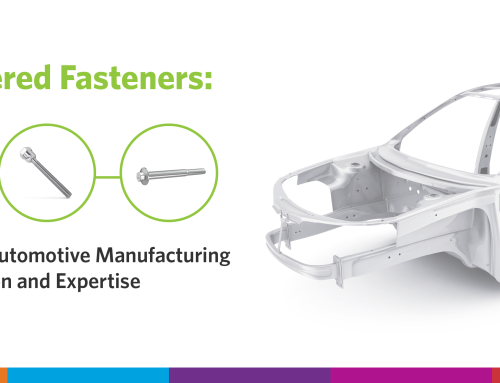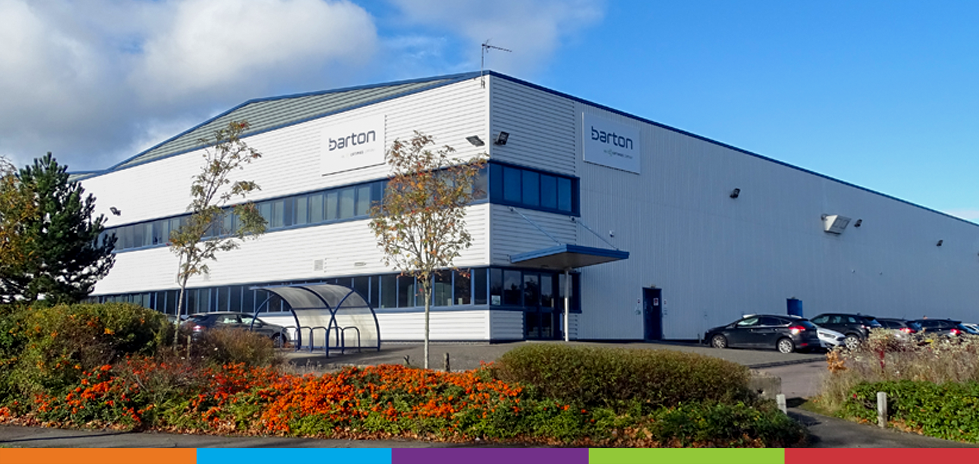
Barton Cold-Form: Everything You Need to Know
Barton Cold-Form, Optimas’ UK manufacturing division, provides our UK and European partners with on-shore and near-shore, in-house fastener design, engineering, and production facilities. By keeping these processes all under one roof, our partners significantly reduce their lead times and avoid costly shipping and logistics charges, so they can focus on manufacturing cutting-edge products.
We spoke to our experts at Barton Cold-Form to dig deep and find out how one of Optimas’ manufacturing facilities is helping our partners efficiency up.
Q: Cold-forming was in use as early as the 19th century, is it still a suitable manufacturing process for Barton Cold-Form to use to meet modern day engineering requirements?
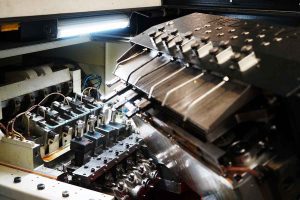
Nedschroef cold-heading machine at Barton Cold-Form
Cold-forming’s production of durable and consistent fasteners on a large-scale allows it to lend itself to many manufacturing applications of today.
Cold-form manufacturing is typically used to make fasteners with complex shapes and screw heads and produces parts by forming metal into different shapes through force, and without heat. This process maximises a part’s metallurgical properties, prioritising strength, and durability by ensuring its structural integrity.
Working with partners from the EV, defence, power generation, automotive and off-highway industries, amongst many others, Barton Cold-Form’s process has catered to a range of durable, bespoke fastening solutions.
Q: Environmental consciousness is at an all-time high, with business’ setting high targets for sustainability. How sustainable is the Barton Cold-Form manufacturing plant?
Barton Cold-Form’s capability for large-scale production hasn’t detracted from its environmental consciousness. The plant has recently attracted a wave of new customers with a heightened focus on sustainability. Not only does Barton Cold-Form’s central location in the UK allow for a lowered carbon footprint through onshoring and nearshoring, but its manufacturing process itself is highly reproducible.
Prioritising sustainability from the very beginning of the manufacturing process, Barton Cold-Form sources green steel, which is then formed in its near-net state, ensuring very minimal waste of raw materials. Alongside running on 100% renewable energy, Barton Cold-Form also recycles 89% of its cold-forming waste, with 0% of it sent to landfill.
With sustainability and localisation now key elements in the decision-making process for most manufacturers, Barton Cold-Form has only become a more attractive supply partner. In the face of increasingly advanced manufacturing technologies across industries, Barton Cold-Form is well-suited to cater to even the most complex of fastening requirements.
Q: How suitable is the Barton Cold-Form manufacturing plant for large-scale production?
Across its time, Barton Cold-Form has partnered with manufacturers with an incredibly high product output, but with 29 Nedschroef, Sacma and Nakashimada cold-heading machines running 24 hours a day, Barton is more than well-suited to large-scale production. A single cold-forming machine can produce hundreds of thousands of pieces a day, which is much higher than other forms of manufacturing, like hot forging or bar turning.
Q: As well as the manufacturing fasteners, can Barton Cold-Form provide any additional support to help reduce the fasteners’ time to market?
Regarding with design, some team members have 30 years’ experience in fastener engineering, the team at Barton Cold-Form are well-versed in dealing with all types of fastening requirements. Collaborating with customers on their drawings and CAD files, our engineers work to understand and perfect fastener designs to make sure the end product is fit for use.
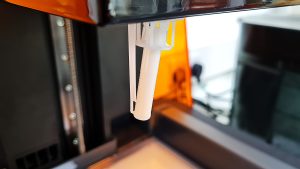
3D Printer at Barton Cold-Form
Using state-of-the-art 3D printers and CNC machinery, the Barton Cold-Form teams are equipped with a wealth of prototyping equipment to test the material, strength, and performance of a fastener outside of its application. Alongside producing precise and geometrically complex parts, our 3D printers allow us to achieve rapid, same-day prototyping for our partners, boosting their time to market.
In the earliest stages of a production build, Optimas’ in-house engineers can assess and refine your Bill of Materials. From reviewing the suitability of fastener finishes and materials to reducing part proliferation, the team at Barton Cold-Form find ways to improve product performance, drive cost savings and mitigate risk.
Furthermore, working to a range of customer, industry and regulatory-specific requirements, like PPAP Level 3 and Failure Mode and Effects Analysis, Barton Cold-Form’s quality team conduct a range of rigorous quality tests to make sure our fasteners are exactly fit for use. Some of our testing capabilities include salt spray testing, torque tension testing and metallography testing in our state-of-the-art quality labs.
Q: How capable are Barton at meeting our requirements and orders?
We have over 90 years’ experience in meeting our customers’ bespoke fastening requirements. From concept to manufacturing, the Barton Cold-Form engineers will work with you and assess the part’s design all the way to its capabilities to ensure the highest quality is produced.
Our integrated engineering and manufacturing capabilities can help you improve your product output and quality. Whether you need standard or engineered fastening solutions, our engineering and industry expertise combined with our partnership approach can optimise your product’s performance.
Contact us here if you would like to find out more about the capabilities of Barton Cold-Form or to get in touch with us to see how you can partner with Optimas.

